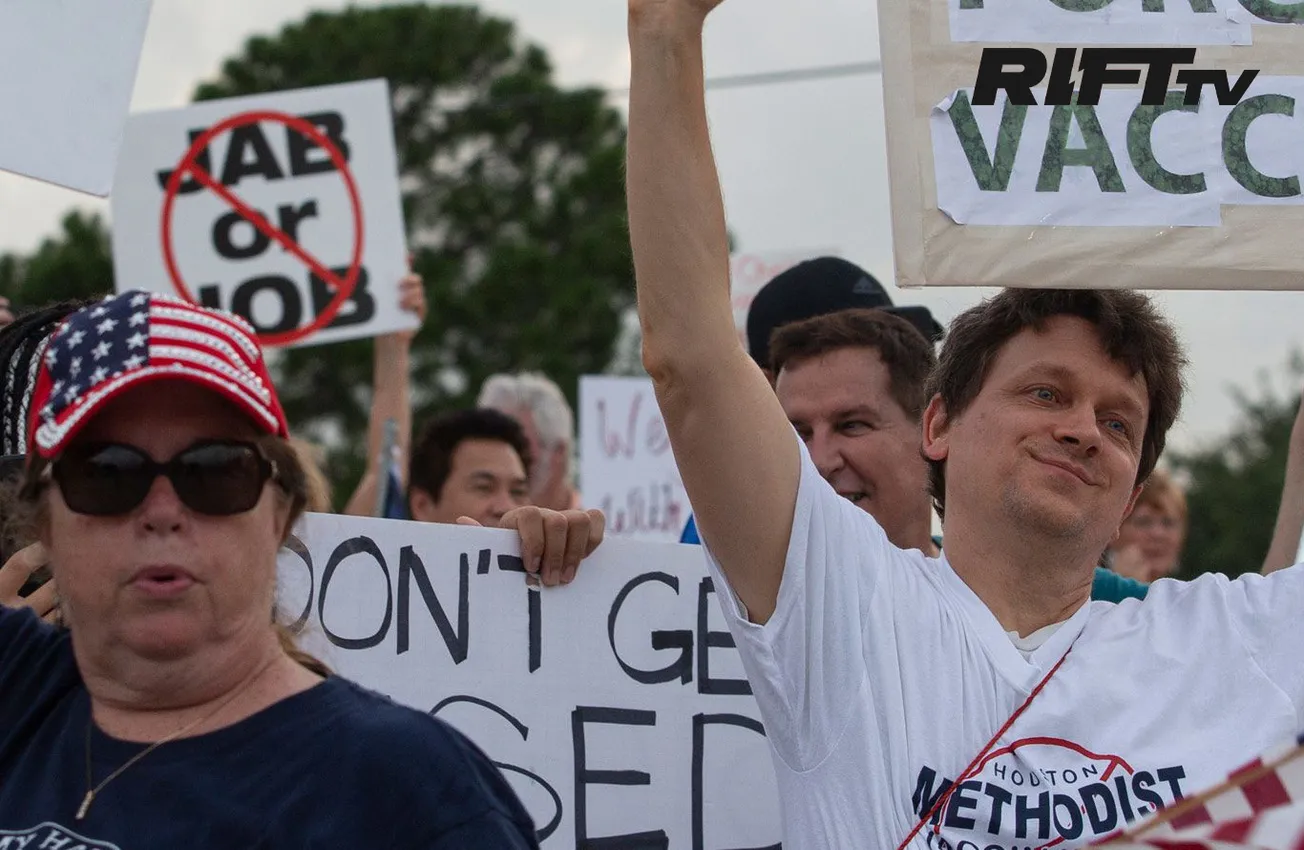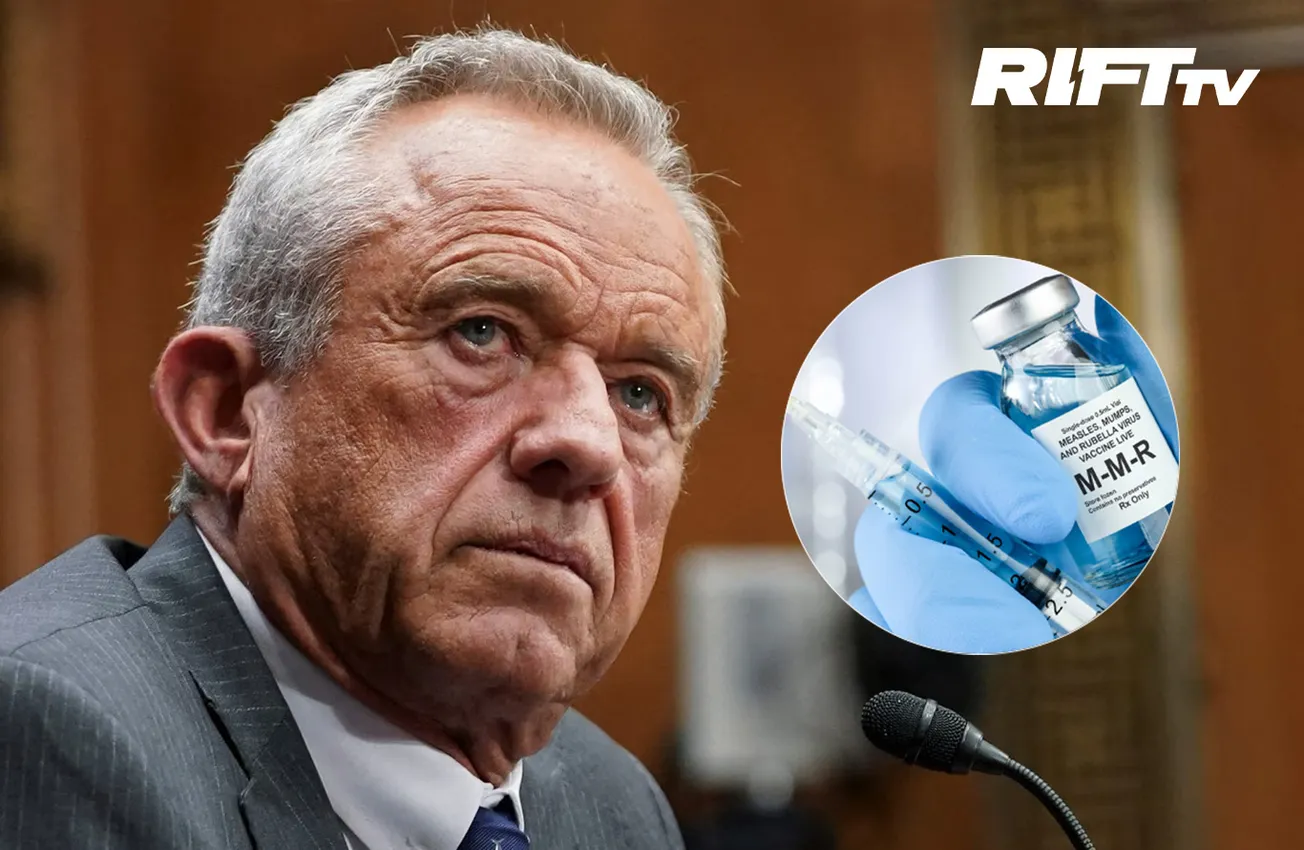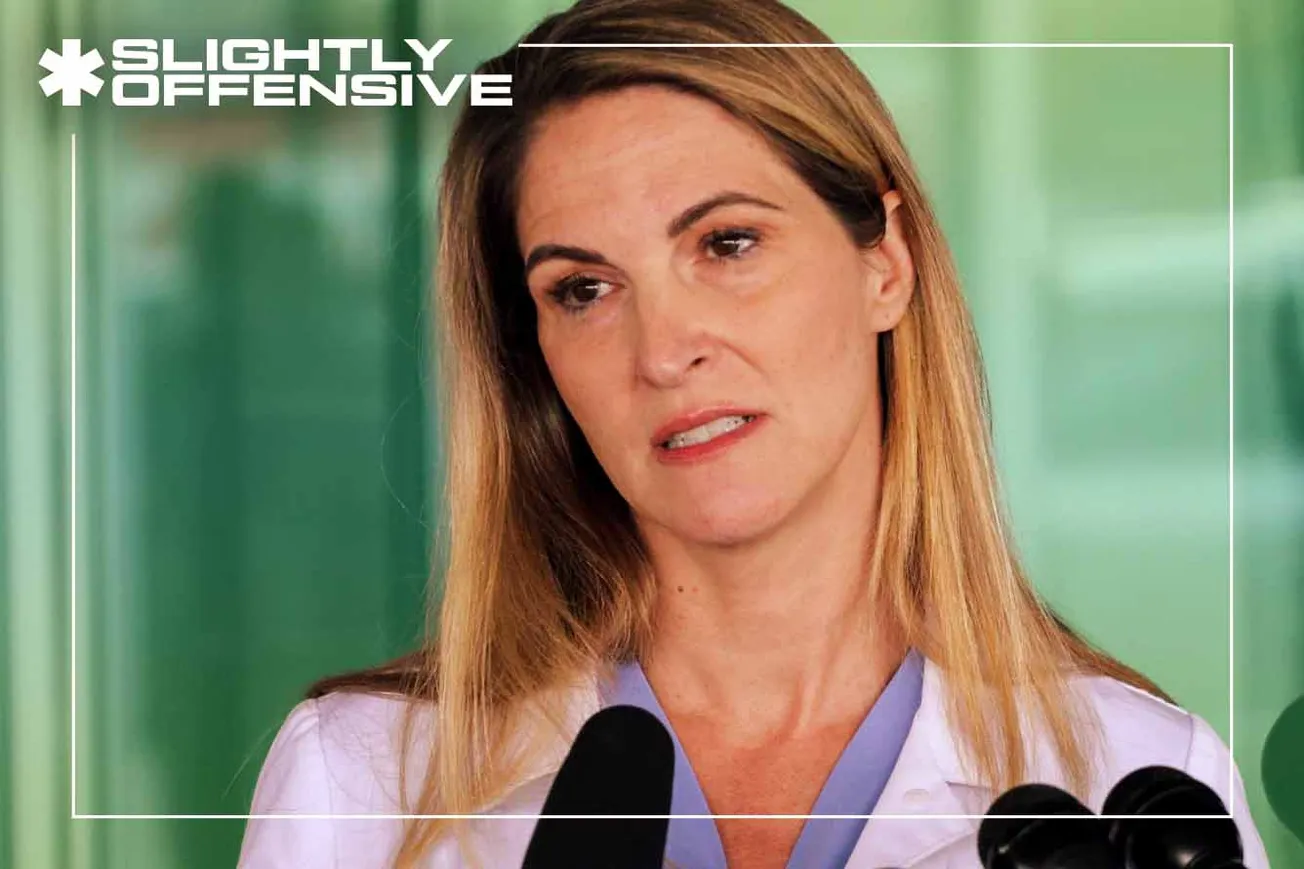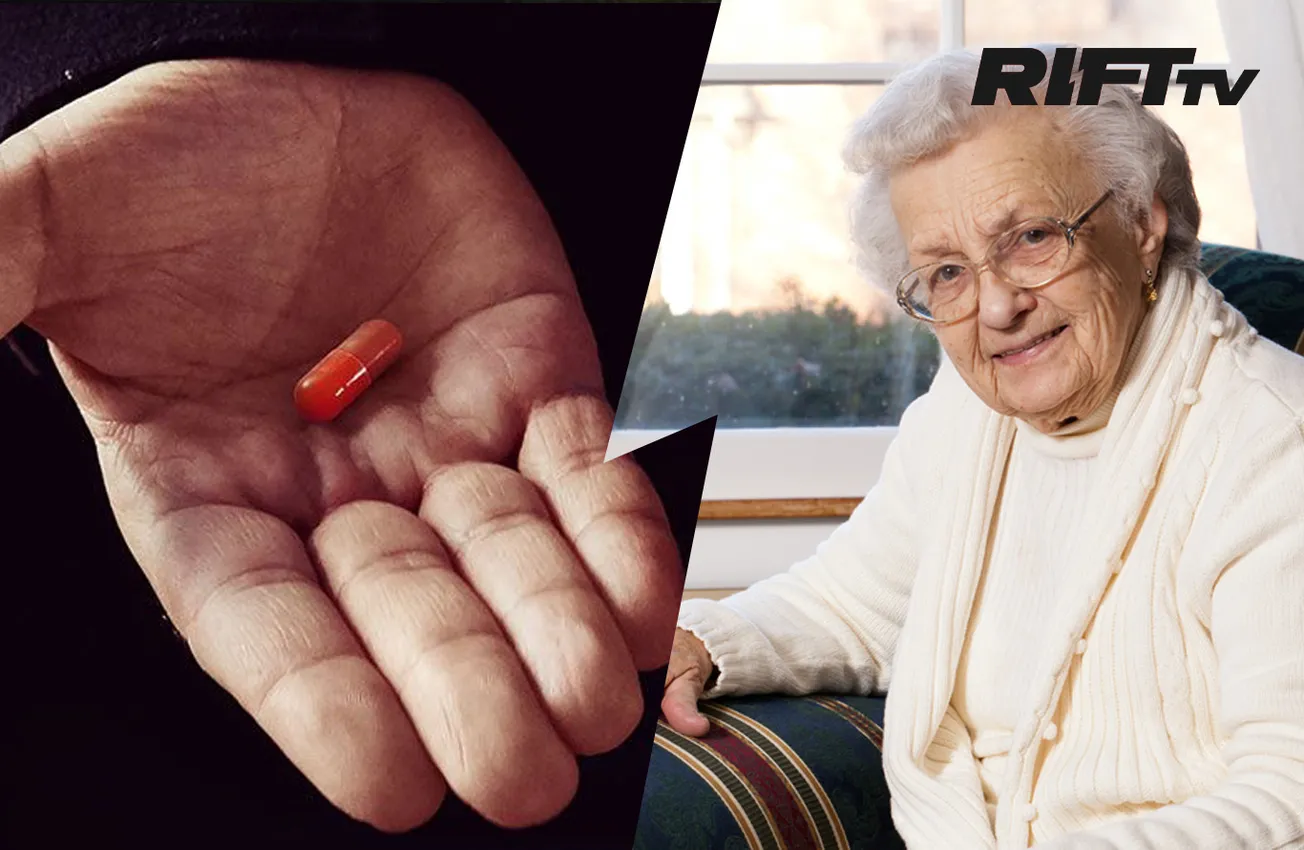As Robert F. Kennedy Jr. settles into his role as secretary of the Department of Health and Human Services, leading the "Make America Healthy Again" movement, public scrutiny of Covid-19 vaccines remains intense.
Despite promises of transparency and reform, significant questions about vaccine injuries and related issues persist, unanswered by HHS and the broader MAHA agenda.
Here are 10 critical questions that continue to demand clarity, grounded in documented concerns and ongoing uncertainties.
1. What is the true scope of adverse events reported to VAERS?
The Vaccine Adverse Event Reporting System, managed by the CDC and FDA, has logged over 1 million reports of adverse events following Covid-19 vaccinations as of March 2025, including hospitalizations, disabilities, and deaths.
A 2010 study for the Agency for Healthcare Research and Quality estimated that VAERS captures less than 1% of actual adverse events, suggesting significant underreporting. HHS has not provided updated estimates on the system’s capture rate or plans to validate the total number of incidents.
2. Why are myocarditis cases in young males not fully investigated?
The CDC has acknowledged elevated risks of myocarditis and pericarditis, particularly in young males, following mRNA Covid-19 vaccines, with a 2022 study in JAMA reporting an incidence rate of 1 in 2,000 among males aged 16-24 after the second dose.
No comprehensive, long-term studies have been released to track outcomes for affected individuals, and HHS has not outlined plans for such research.
3. How many injuries are compensated under the VICP or CICP?
The National Vaccine Injury Compensation Program does not cover Covid-19 vaccines, leaving claimants to the Countermeasures Injury Compensation Program, which has processed fewer than 10% of over 13,000 claims filed as of February 2025, approving compensation for only 51 cases.
HHS has not addressed delays or proposed reforms to expedite or expand compensation for alleged vaccine injuries.
4. What caused the spike in neurological disorders post-vaccination?
Reports to VAERS include over 25,000 cases of neurological issues, such as Guillain-Barré syndrome and seizures, following Covid-19 vaccines through early 2025.
A 2023 study in Neurology noted a potential signal for increased Guillain-Barré syndrome risk with certain vaccines, but no large-scale, HHS-led investigation has clarified causality or prevalence.
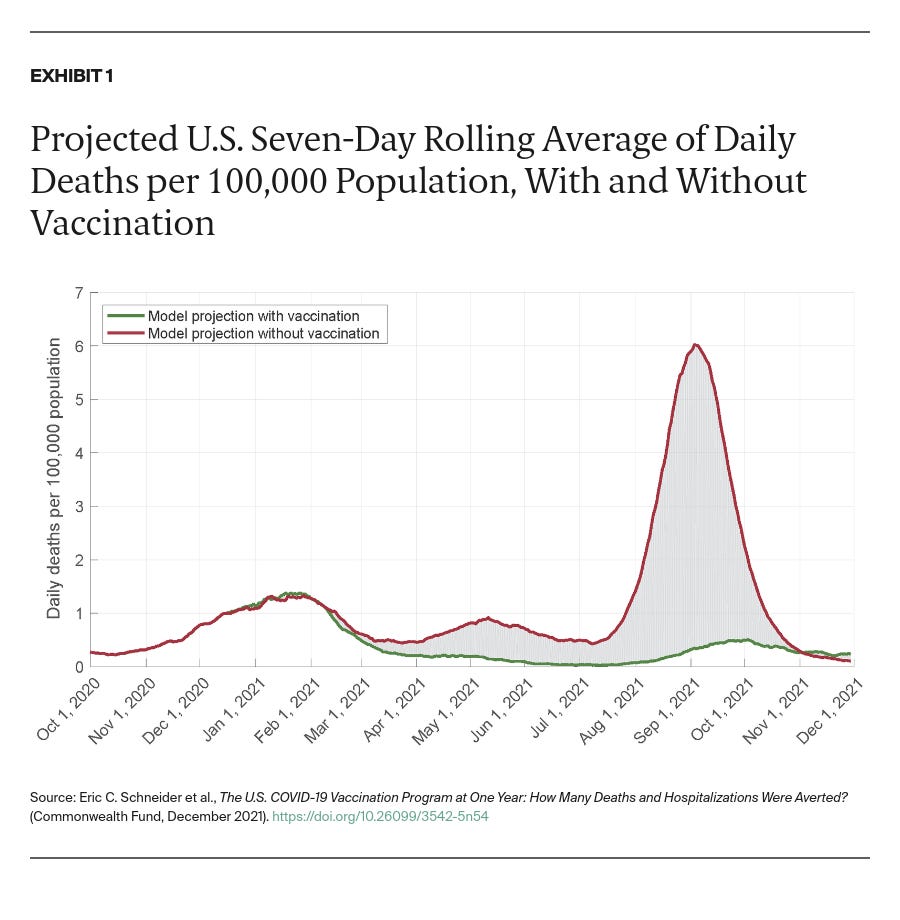
5. Are vaccine-related deaths being accurately tracked?
VAERS data through March 2025 lists over 20,000 deaths reported after Covid-19 vaccination, though causation is not confirmed. The CDC states that no clear pattern links vaccines to mortality, but no independent, transparent audit of these reports has been conducted. HHS has not announced initiatives to systematically review these cases.
6. Why is there no public database for long-term side effects?
No centralized, publicly accessible database tracks long-term side effects of Covid-19 vaccines, despite calls from advocacy groups for such a resource.
The CDC’s V-safe system, which collected health data post-vaccination, stopped accepting new reports in 2023, and its data remains partially restricted. HHS has not proposed a replacement or expansion of long-term monitoring.
7. What is the status of studies on vaccine shedding?
Concerns about viral or protein shedding from vaccinated individuals to unvaccinated ones have circulated, with small-scale studies, like a 2021 preprint from MIT, suggesting possible transmission of spike protein.
No large-scale studies have been conducted, and HHS has not addressed whether it will investigate this phenomenon.
8. Why are fertility concerns not being studied comprehensively?
VAERS includes over 4,000 reports of menstrual irregularities and pregnancy complications post-vaccination as of March 2025. A 2024 study in Fertility and Sterility found no significant impact on fertility, but no HHS-funded, large-scale studies have explored long-term reproductive outcomes.
The department has not prioritized this issue in its research agenda.
9. What explains the rise in immune-related disorders?
Case reports and VAERS data note instances of autoimmune conditions, such as lupus and rheumatoid arthritis, following Covid-19 vaccination, with a 2023 study in Autoimmunity Reviews suggesting a potential link in rare cases.
HHS has not initiated broad studies to quantify or explain these occurrences, leaving questions about immune system impacts unanswered.
10. How will HHS address distrust in vaccine safety data?
Polls, including a 2025 Gallup survey, show 40% of Americans lack confidence in Covid-19 vaccine safety, fueled by perceived lack of transparency.
Kennedy has pledged “radical transparency” but has not detailed how HHS will release raw data or involve independent researchers to rebuild trust. No specific policies have been announced to address public skepticism.
These unanswered questions shine a spotlight on the gaps in the current understanding of Covid-19 vaccine safety and injury reporting, even as Kennedy’s HHS pushes forward with its MAHA initiatives.
The department’s early actions, including workforce reductions and shifts in advisory committee structures, have raised concerns about their capacity to address these issues.
As of April 2025, over 10,000 jobs have been cut across HHS agencies, including the CDC, FDA, and NIH, potentially straining resources for vaccine safety research.
Kennedy’s focus on chronic disease and transparency has resonated with supporters, but his critics argue that his history of vaccine skepticism may complicate efforts to provide clear answers.
During his confirmation hearings, he avoided directly disavowing past claims linking vaccines to autism, and his recent endorsement of the MMR vaccine drew backlash from the MAHA movement.
Will RFK Jr. keep his word? Will they finally research the dangers of the vaccines? These questions have yet to be answered.
The lack of progress on these 10 questions risks alienating a large segment of MAHA, particularly amid the ongoing outbreak of measles in Texas, where low vaccination rates have led to two deaths and over 300 cases.
HHS’s ability to deliver on RFK’s promised transparency and reliable science will be crucial to addressing these concerns.
Until then, the public awaits answers to questions that have lingered since the vaccines’ rollout, with no clear resolution in sight.
Please leave your opinions / comments on these stories below, we appreciate your perspective!

